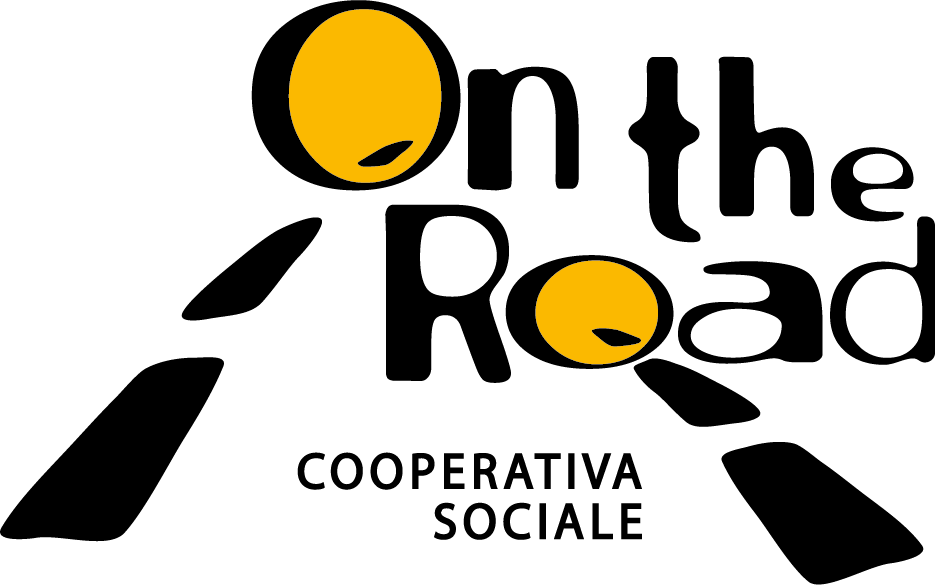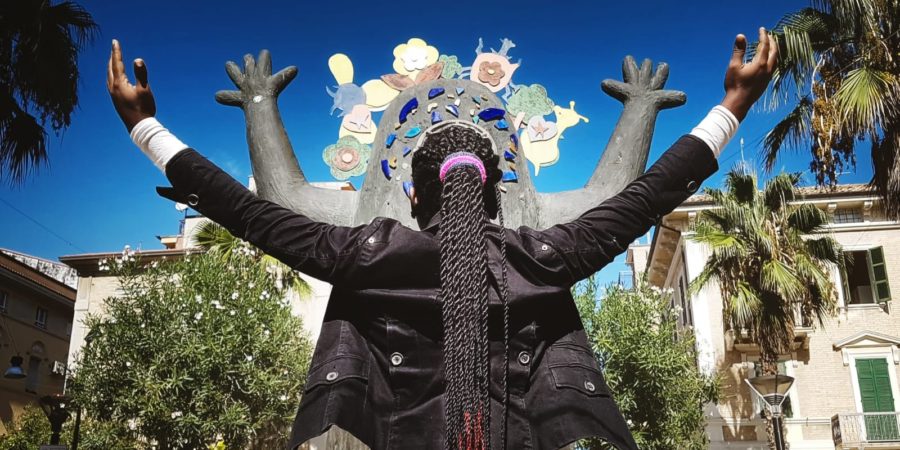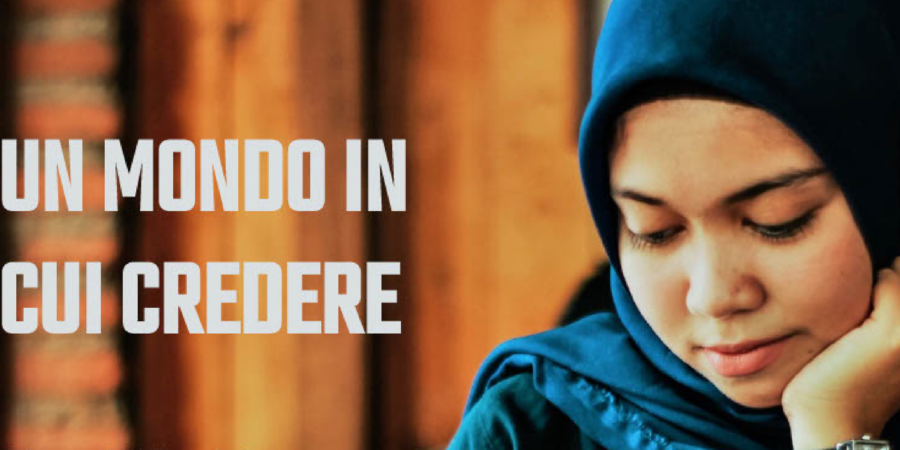
On 6th April 2020, within the EU-funded project Life Beyond the Shelter, in which we are partner with Fundació Surt, CAW Antwerpen, SOLWODI International and Payoke Vzw, the report “a world I can trust” was published. This report is about about the needs of third-country national victims of human trafficking transitioning from shelter to independent.
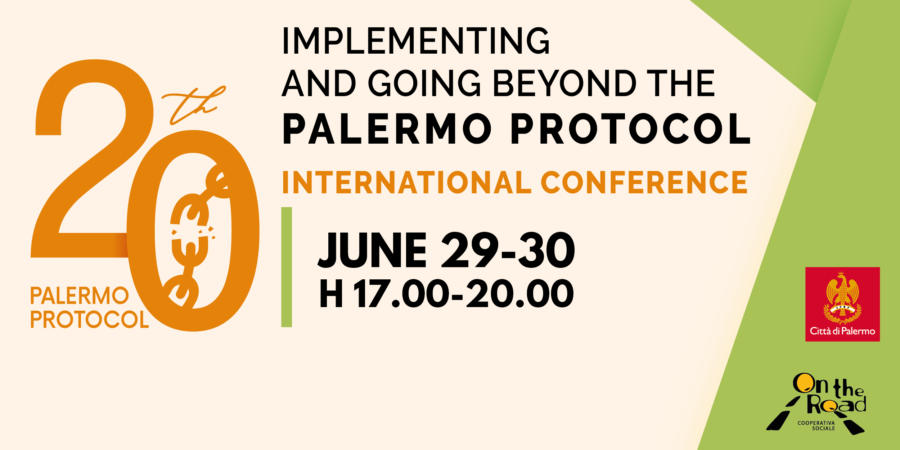
As a last event before the end of her six-year tenure and in conjunction with the 20th anniversary of the Palermo Protocol, the Special Rapporteur on trafficking in persons, especially women and children, Ms. Maria Grazia Giammarinaro, in cooperation with On the Road and the Municipality of Palermo, would like to convene a webinar, 29 and 30 June 2020, to promote an open and frank debate involving Civil Society Organisations and Academia on the implementation of the Palermo protocol.
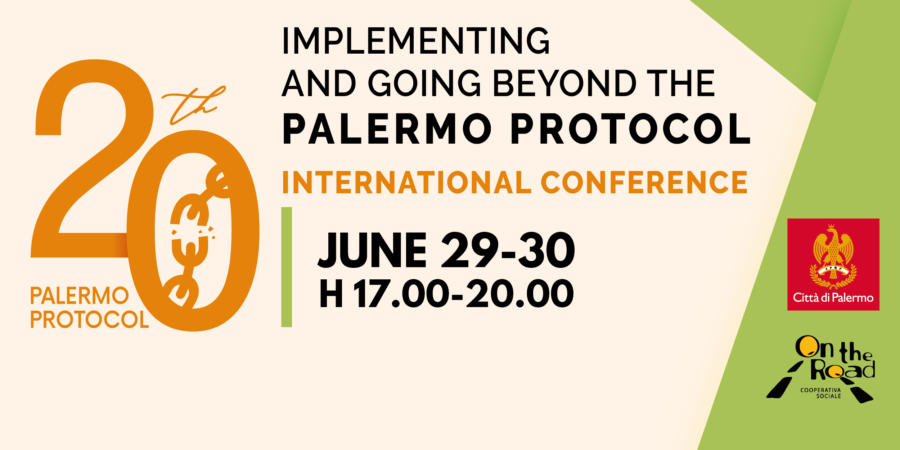
To give anyone the opportunity to view and review the international conference, on our youtube channel we have made available the registrations of the opening session of the international conference and the other four-session.
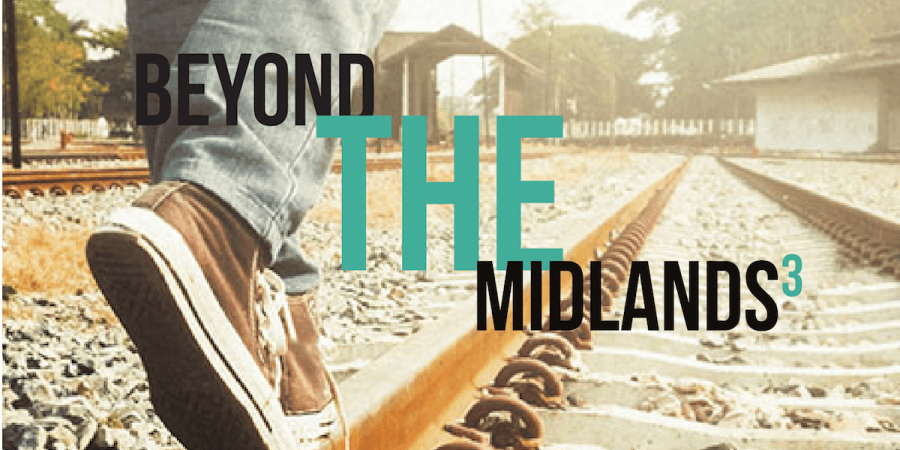
Trafficking in persons never stops. It thrives, it diversifies itself, it changes to meet the needs of different local and global markets and to counteract the law enforcement action. Human trafficking is a constituent part of it is intertwined or confused with other phenomena, including smuggling of migrants, irregular immigration, international protection, labour exploitation, forced labour, prostitution, begging. It camouflages itself in the urban landscape or it settles in the well-established places of exclusion, thus, contributing to creating a toponymous of marginalization that does not appear in any official map but it is clearly present in the work plans of the organizations providing support to migrants.
Since the early 1990s, human trafficking has gradually moved up the agendas of national, European and international institutions and organizations. Over the last twenty years, legislation, action plans, multi-agency referral systems, cross-sectoral interventions, operational tools, local and transnational memoranda of understanding, research, and budget lines have been put in place to prevent and fight trafficking and provide specialized support for thousands of women, men, boys, girls and children trafficked for sexual exploitation, forced labour, illegal activities, forced begging, organ removal. Yet, this does not seem to be enough. Human trafficking continues to be among the most lucrative criminal businesses and one of the finest mechanism of systematic violation of the human rights of its victims. Why, then, have the efforts made so far been inadequate to counteract trafficking in persons? What can be done to build effective strategies?
To answer all these questions, we organized Beyond the Midlands3, an international conference on human trafficking to discuss how to re-orient and improve the programming and the implementation of policies and measures to prevent and counteract human trafficking, and to support and protect potential, presumed or identified victims. Here you can find all the conference materials such as full videos, interviews and PowerPoint presentations organized by speaker. Enjoy!
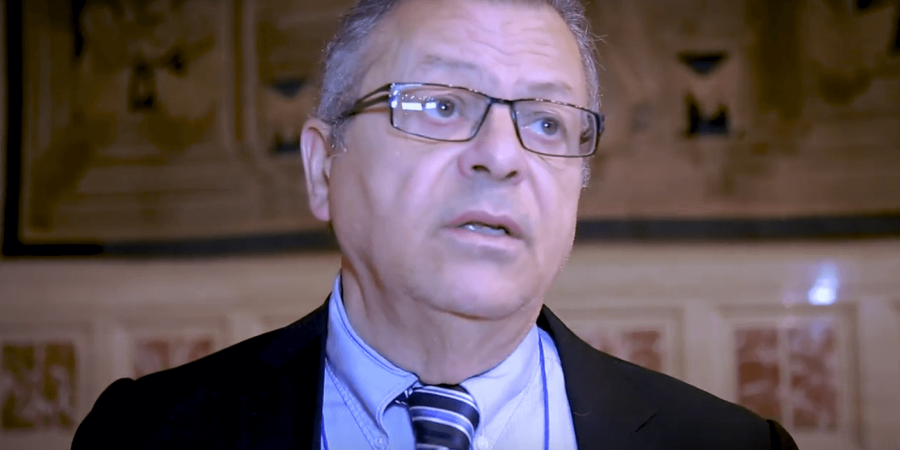
Vincenzo Castelli is a consultant and supervisor of projects targeting vulnerable groups and urban security for the Italian Development Cooperation Agency in Latin America, and an international expert in urban security for EU projects in Latin America. Consultant in planning, monitoring, and evaluation on interventions aimed at children and adolescents, sexual exploitation, drug abuse, migration and gender for Italian and European institutions, local authorities, NGOs, and national and international networks.
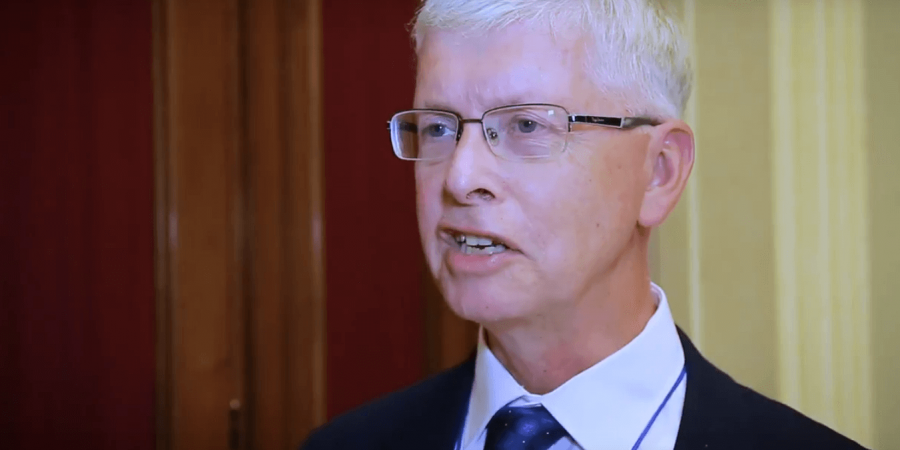
Mike Dottridge has worked in the human rights field for 40 years. He worked for two human rights non-governmental organisations for 25 years, from 1977 until 2002 (Amnesty International and Anti-Slavery International, where he was director). His work for Amnesty concerned sub-Saharan Africa. Since 1995 he has focused on the rights of adults and children who experience economic or sexual exploitation.
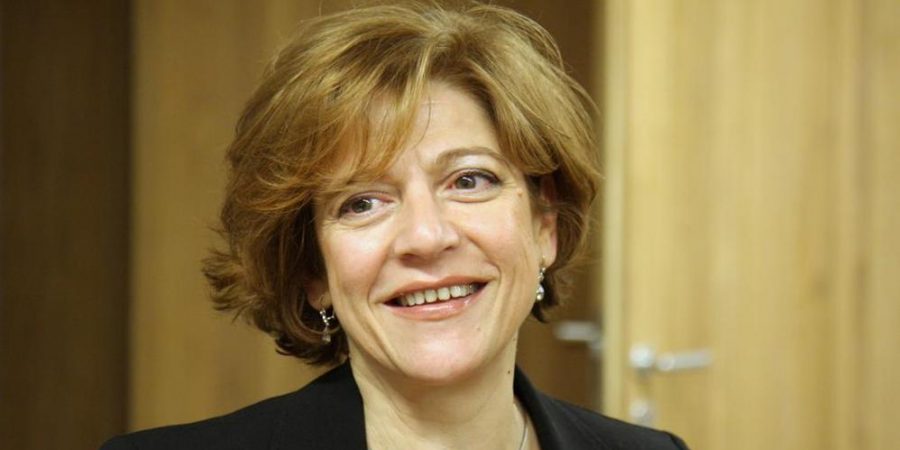
Maria Grazia Giammarinaro is the current UN Special Rapporteur on trafficking in persons, especially women and children. She has been a judge since 1991. She served as a pre-trial judge at the Criminal Court of Rome, and currently serves as a judge in the Civil Court of Rome. From March 2010 to February 2014 she was the OSCE Special Representative and Co-ordinator for Combating Trafficking in Human Beings.
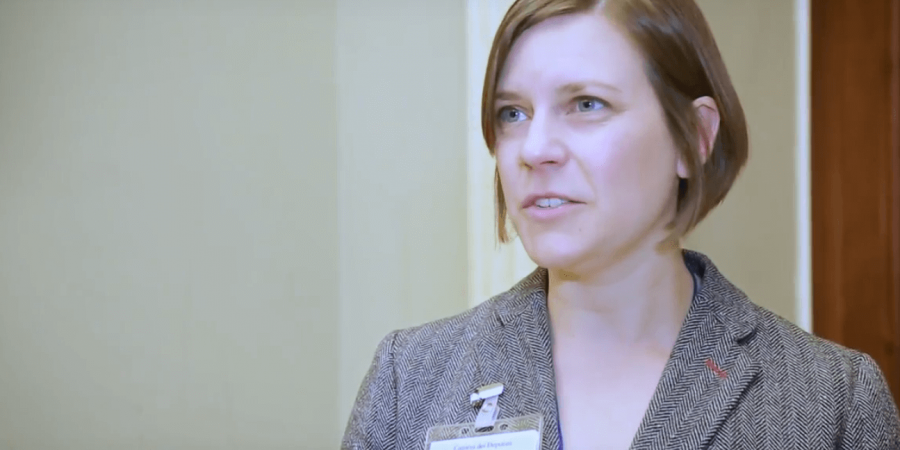
Katharine Bryant is a modern slavery expert with ten years’experience in counter trafficking and anti-slavery programming and research. Katharine currently works as Research Manager at the Walk Free Foundation and is one of the authors of the Global Slavery Index.
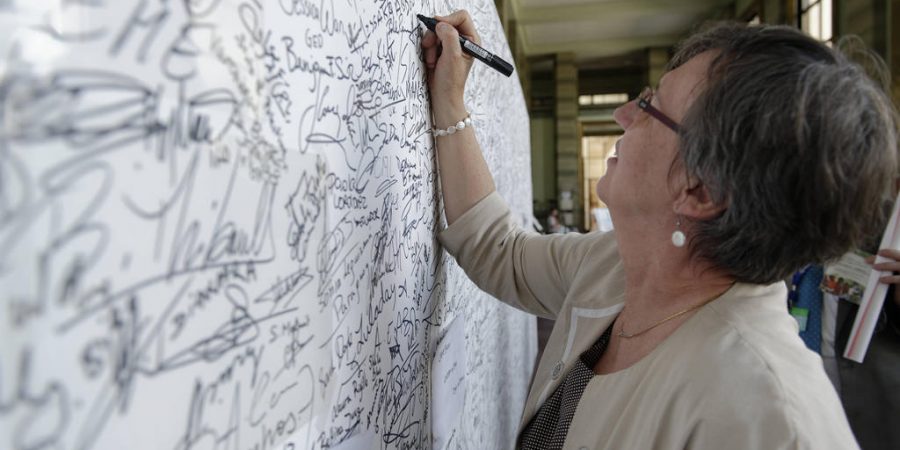
Michaëlle De Cock (Ph.D, University of Paris VI) has been a leading researcher for the ILO on methodologies to survey and estimate forced labour and trafficking of adults and children for the last 15 years. She has been actively involved in key global estimates published by the ILO: the first estimate of the worst forms of child labour in 2002 (which included trafficking and forced labour) and the two global estimates of forced labour in 2005 and 2012, resulting from a capture recapture of reported cases of forced labour.
